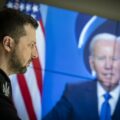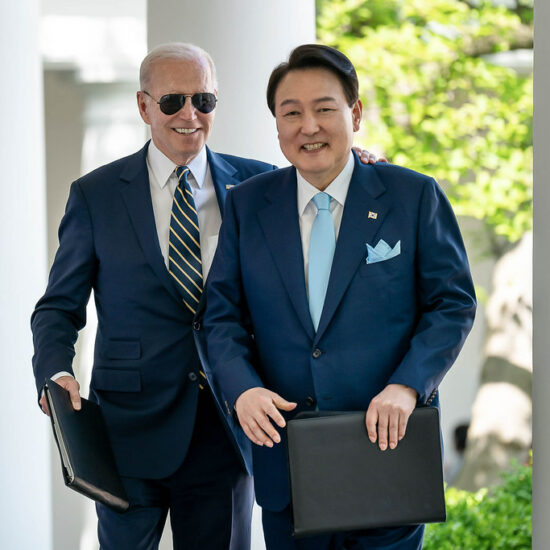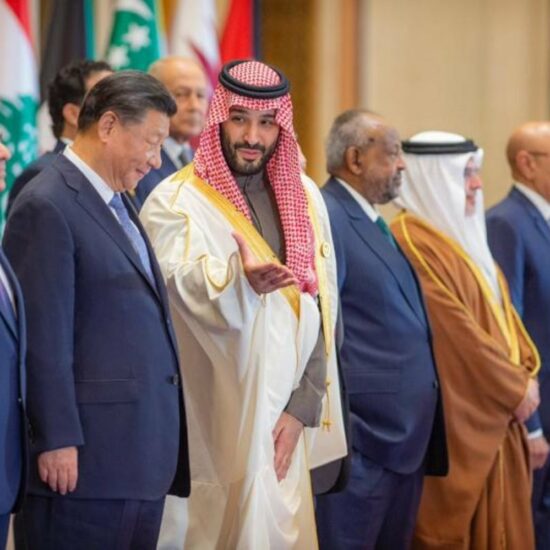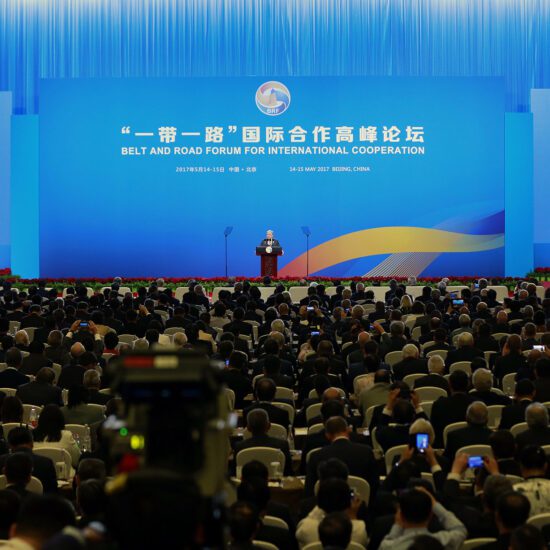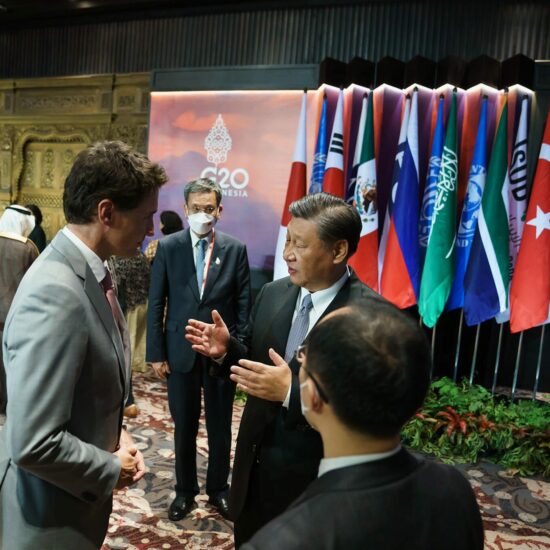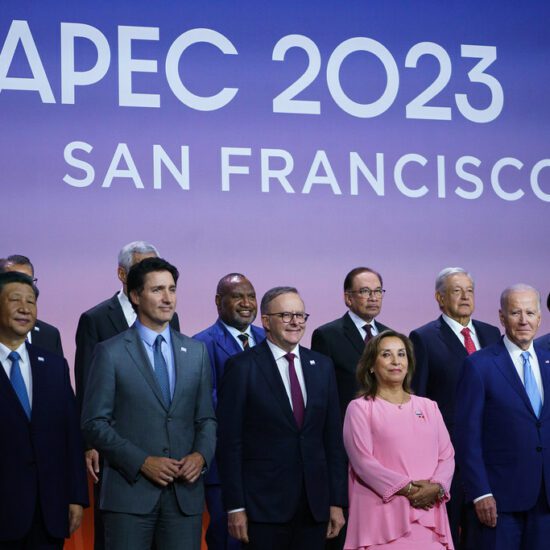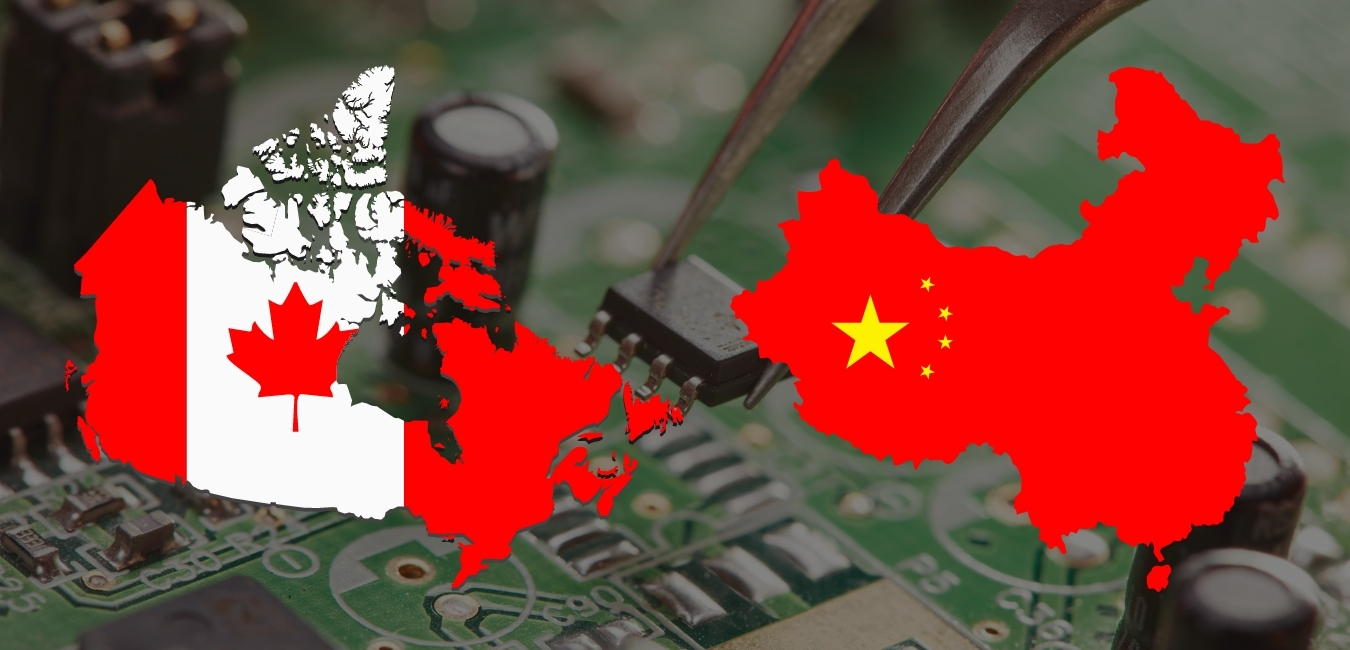
By Anton Malkin
Collaboration between China and Canada in matters concerning science and technology (S&T) has become an increasingly difficult proposition in the face of political estrangement between the two countries.
Canadians have two overarching concerns when it comes to working with China in both basic research and commercially oriented research activities: securing intellectual property (IP) and protecting national security. But is cutting off S&T collaboration with China likely to protect Canadian technology and make Canada more secure? In the context of today’s increasingly competitive international environment and Canada’s own domestic S&T woes, further exacerbated by the US-China technology contest and the ongoing COVID-19 pandemic, the answer is far less straightforward than headlines and popular commentary suggest.
Canada’s Dilemma
It is by now no secret that Canada suffers from chronic underperformance in research and development (R&D) output and commercialization. It not only lags behind its OECD peers in R&D intensity and business investment, but when it comes to commercialization (namely, getting commercial value for the money spent on R&D), the value of the basic research conducted in Canada tends to accrue to foreign firms.
Rising geopolitical disputes over technology, exacerbated by trade tensions and the insecurity created by vaccine and personal protective equipment shortages throughout the pandemic, are making policymakers—including those in Ottawa—nervous, and understandably so. More and more, voters are looking to their policymakers to protect them against the uncertainty and volatility that they have come to associate with global economic integration, which naturally makes the logic of ‘decoupling’ from China in S&T collaboration an attractive proposition.
These realities are dawning on Canada at a particularly bad time. An intensifying competition between the US, the world’s foremost superpower, -which also happens to be Canada’s neighbor and closest ally- and China, widely perceived to be the world’s “second superpower,” has sown distrust. Both Canadian politicians and the Canadian public have voiced their concern about researchers working with their Chinese counterparts via university partnerships and Chinese firms making R&D investments.
But before Canadians make this choice and forsake scientific and commercial collaboration with China, we should consider whether our technological and national security would actually benefit from preemptive decoupling.
Protecting Canadian Technology
In a rapidly changing world, many countries are scrambling to ensure that they are not left behind in the race to rewrite the rules of globalization. Aspects of technological globalization that were once taken for granted, like just-in-time supply chains in the advanced semiconductor manufacturing sector, were badly shaken by pandemic-induced supply shortages over the past year. Countries have been responding to these shocks and the ensuing US-China “technological cold war” by reinvigorating industrial policy in a race to protect themselves from intensifying global technology competition.
However, a defensive approach to national technological assets and decoupling do not necessarily go hand in hand. The case is often made that China is not a suitable partner in technological commercialization because the country does not sufficiently protect IP. Therefore, it is only inevitable that Canadian technology would get misappropriated or that the gains would go directly to the Chinese government or military. In reality, China’s IP protection regime has grown remarkably over the past decade. In fact, it is in China’s own interest to protect IP since the competitiveness of China’s drive for technological leadership depends on protecting the interests of intellectual property rights holders This includes foreign IP rights as foreign technology firms increasingly utilize Chinese courts to settle patent disputes.
While national security fears continue to permeate public consciousness, often with good reason, one bitter irony is that the most readily targeted firms, from DJI to the much-maligned Huawei, have achieved their success by relying on the most advanced foreign technologies, rather than heeding their government’s call to pursue self-sufficiency.
In fact, the Chinese government has been encouraging Chinese technology firms to rely more on domestic suppliers for decades. These calls have only been taken up recently, and only by sheer necessity. It stands to reason that the more Canada distances itself from China’s S&T ecosystem, the more Chinese scientists and firms will look to replace Canadian R&D and innovation output in the areas where it still commands a relative advantage—including in artificial intelligence, biotech, and carbon neutral technologies. If Canada wants to remain a global leader in basic research and to elevate its ability to commercialize its R&D output, cutting itself off from China’s technological ecosystem is the wrong approach.
Moreover, not only are leading American technology companies expanding their intellectual property footprint in China, but Canadian companies are also doing the same, with Chinese companies likewise seeking protection of their own IP assets in Canada’s intellectual property system— at a far greater rate than their Canadian counterparts. Supply chains may be de-globalizing, but S&T commercialization remains stubbornly global. Given how internationally integrated technological knowledge has become, decoupling in this area means not denying opponents the right to access Canadian technology, but ceding revenues and legal protection of our scientific assets to them—simply put, giving it away.
A Bifurcated Global Technology Ecosystem Hurts Countries like Canada the Most
Medium-sized open economies—the middle powers of the global market—are consistently being told that the choice between American and Chinese technology is inevitable and that the eventual decision will be obvious–at least for US allies. Popular commentary in the media frequently suggests that two separate technological ecosystems are under construction and that third parties cannot possibly be part of both.
If the world is indeed bifurcating along China and US-centered technological centers, Canada is unlikely to remain neutral. Nevertheless, before throwing our hands up and concluding this to be an inevitability, we should be aware that scientists, engineers, and firms from across the advanced industrialized world (including China) continue to accelerate their participation in global technological standard-setting efforts and seek foreign partnerships. Moreover, few businesses, in Canada or elsewhere in the Western world, are decoupling of their own volition. In the face of political discord between China and its trading partners in the West, in the face of US entity list designations and diplomatic efforts to restrict business with Chinese firms, trade and investment with China is showing few signs of slowing down.
This is far from surprising. Technological have-not countries, which do not have large firms that can set global standards and influence the structure of global supply chains, are unlikely to be able to afford to implement two sets of global technology standards which will become necessary in order to do business with both China and the US. However, global technology leaders—countries like Germany, Japan, and Korea—can and likely will. This means that Canada, and countries like Canada, will have the most at stake in keeping technological globalization alive. Simply put, shrinking the potential market share for Canada’s technology is bad for national security.
When it comes to industrial policy, leaders in R&D and technologies that will be relevant in the not-so-distant future, like semiconductors and ICT, will be looking to position themselves in the most relevant way to ensure that their investments in today’s global standards and technological advances do not go to waste. Even if global technology standards bifurcate, we can be sure that firms that participated in setting standards for today’s ICT technologies will continue to see revenues flowing back into their R&D departments through licensing fees and hardware sales. After all, no new technology is built from scratch, but rather exists as an improvement on existing platforms.
The Way Forward?
Given the depth and complexity of S&T networks created by globalization, what is the realistic path forward for Canadian policymakers, firms, and scientific institutions? Can we reconcile the salience of national security vulnerability with the pressing need to protect the gains from globally dispersed R&D?
While we may be far away from resolving this dilemma, a fitting place to start would be at home. The Canadian technology landscape needs to return to the levels of R&D intensity that existed in past decades. Canadian firms also need help from policymakers in scaling their technology and ensuring that they can gain a greater share of next generation innovations to which Canadian R&D has contributed. Rather than stymying Chinese technology investments in Canada and collaboration with Chinese researchers, policymakers need to ensure that existing institutional and commercial arrangements contribute to making Canadian technology firms bigger and more globally competitive.
Canada’s sense of insecurity when it comes to Sino-Canadian technology collaboration comes from the fact that Canadian firms are no longer competitive in national security-technologies, which are the most relevant ICT technologies and define an increasingly digitized global economy. Nortel, once dominant in this sphere, no longer exists and Blackberry is a shell of its former self. This is precisely why Canada is especially sensitive to the emerging US-China technology war. Unless Canada can regain its erstwhile leadership in ICT, no amount of decoupling will change this vulnerability.
Anton Malkin, Assistant Professor, Chinese University of Hong Kong, Shenzhen

